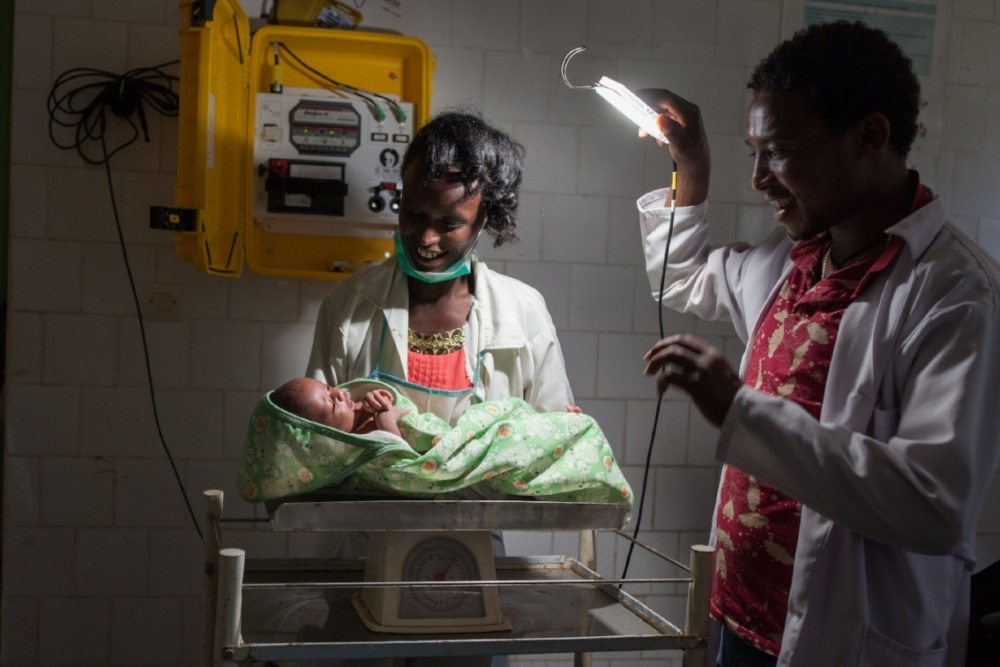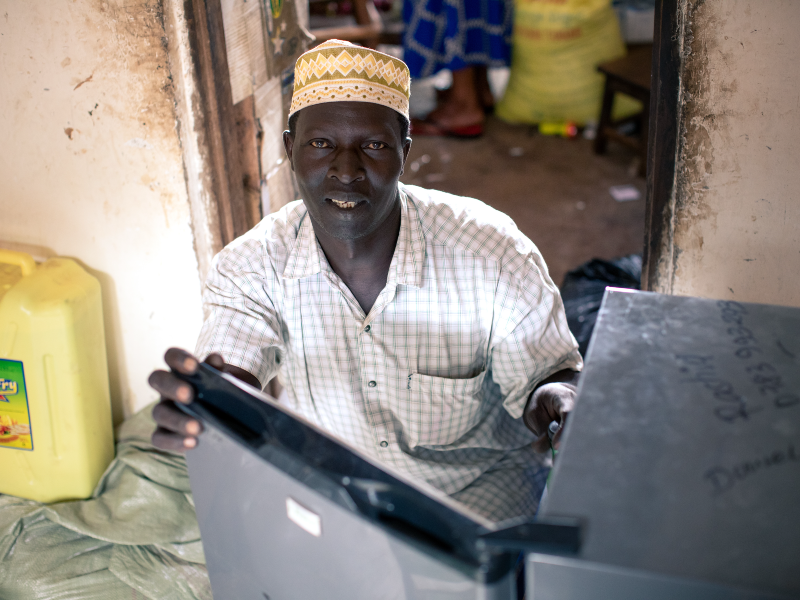
A Partnership Approach
A range of challenges inhibit the deployment of holistic off-grid health technology solutions at scale, from lack of data to effective but geographically isolated efforts.
In collaboration with the Clinton Health Access Initiative and the United Nations Foundation, we are advocating for a suite of research and programmatic activities to expand and solidify linkages between energy access and health outcomes. This includes assessing potential benefits of super-efficient appliances and devices for health service delivery in resource-constrained areas, and identifying specific interventions with potential to drive impacts at scale.

